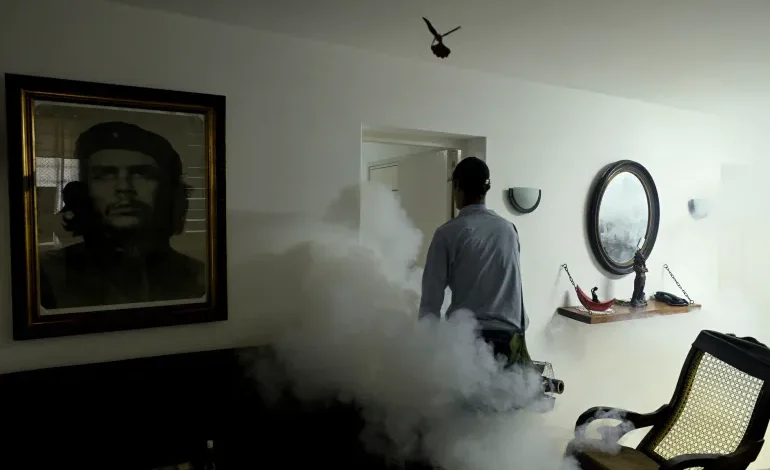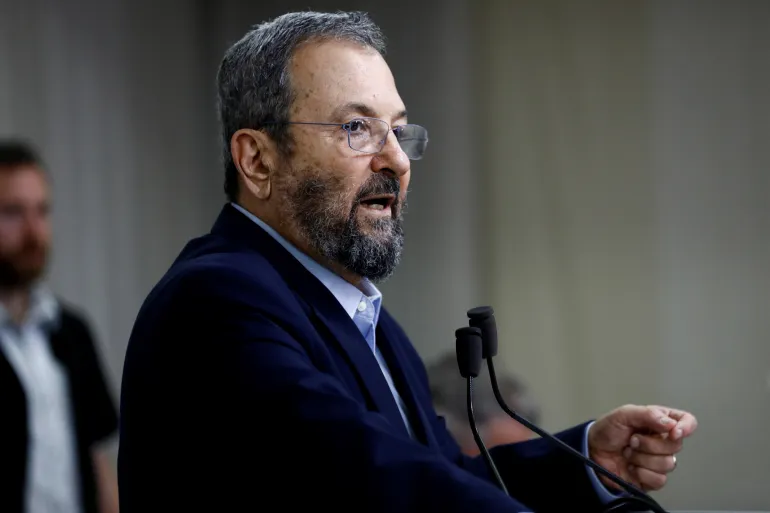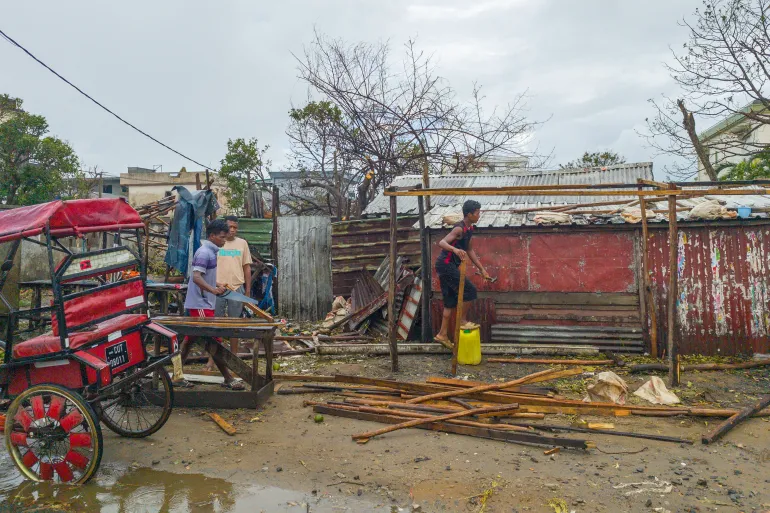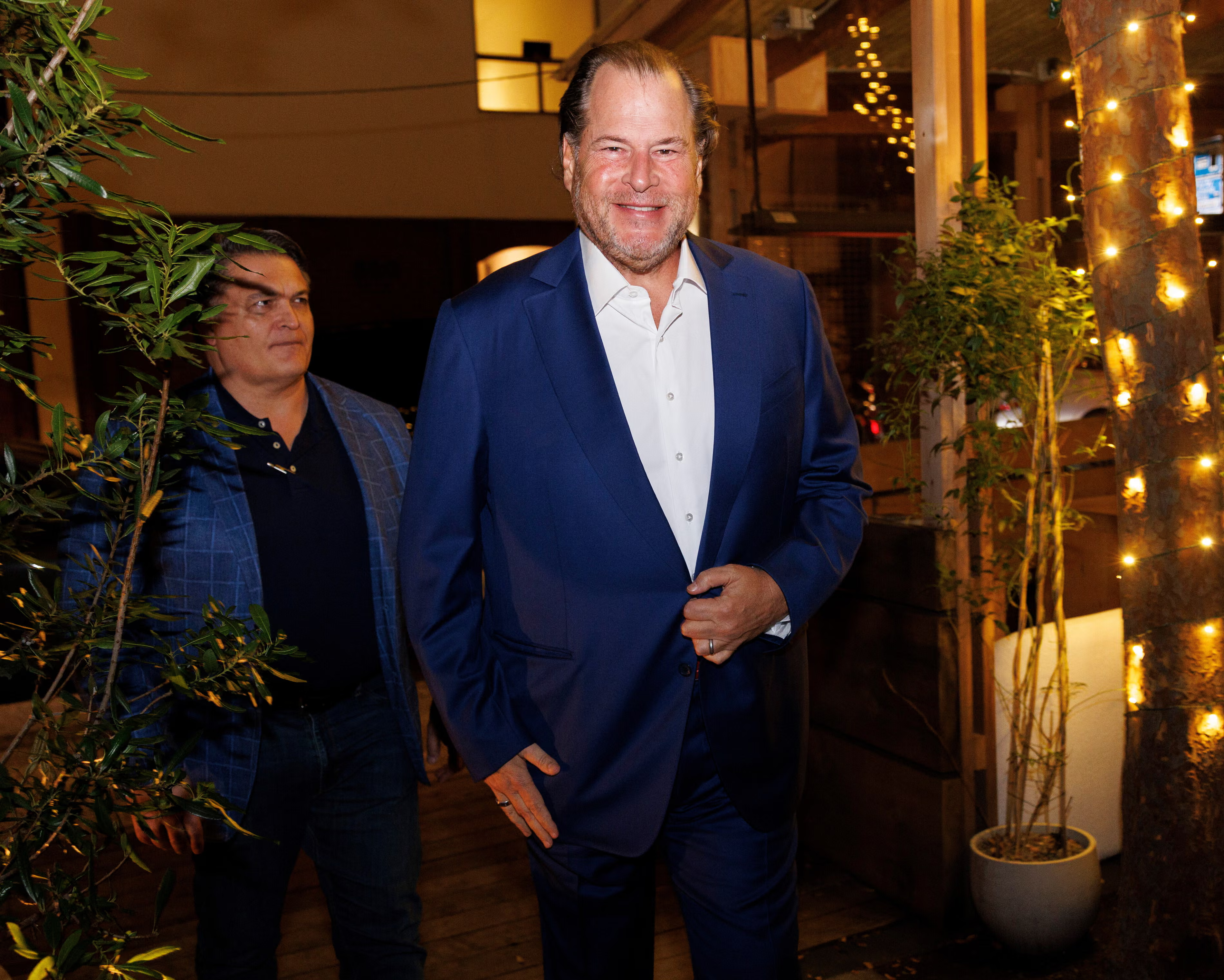Cuba Faces Surge in Dengue and Chikungunya as Health System Strains Under Crisis

Cuba is confronting one of its worst waves of mosquito-borne disease in years, with nearly a third of the population affected and large swaths of the workforce falling sick. Health officials describe the situation as “acute,” as dengue and the once-rare chikungunya virus tear through Havana and other major cities.
On Thursday, fumigation teams moved through cramped alleys in the capital, spraying fogging chemicals into homes and courtyards. It’s an image familiar to Cubans, but the scale this time is striking. Francisco Durán, Cuba’s national director of epidemiology, said the government is operating “as we did with COVID-19,” rushing to test treatments and track outbreaks.
Dengue fever has long circulated on the island, but the deep economic crisis has sharply limited the state’s ability to maintain mosquito-control measures. Trash collection has faltered, water leaks remain unrepaired, and many communities have gone months without proper fumigation, all ideal conditions for the Aedes mosquito that spreads dengue, Zika and chikungunya.
Chikungunya, which was once a rarity in Cuba, has exploded across the region. The virus is brutal, leaving many with months of lingering joint pain and swelling. There is no specific antiviral treatment. Durán said Cuba is running clinical trials on an anti-inflammatory drug, Jusviza, and testing rectal ozone therapy to relieve long-term pain in patients recovering from the virus.
Globally, chikungunya has infected almost 340,000 people this year and caused 145 deaths, according to the European Centre for Disease Prevention and Control. In July, the World Health Organization issued an urgent call to prevent further spread.
But Cuba faces its own structural challenges. The country’s healthcare system, once a regional model, has been battered by the decades-long US embargo, severe shortages of medicines, and chronic blackouts. When the electricity cuts out, people open their windows to ease the heat, letting in the mosquitoes they’re desperately trying to avoid. Many families cannot afford basic repellents.
Foreign Minister Bruno Rodríguez described the embargo as “a policy of collective punishment” when the UN General Assembly again voted overwhelmingly this year to end it. “It flagrantly, massively and systematically violates the human rights of Cubans,” he said.









The latest news in your social feeds
Subscribe to our social media platforms to stay tuned